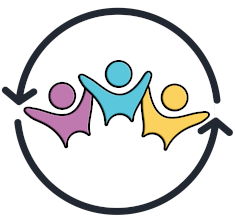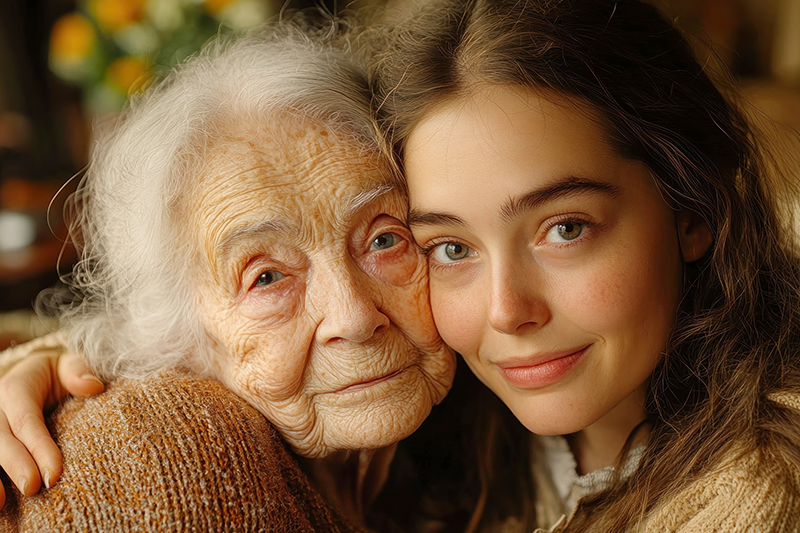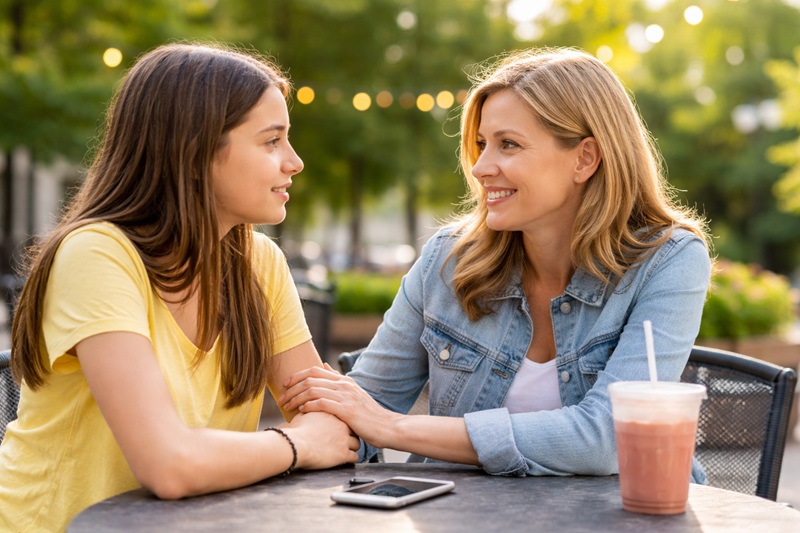Caregivers are central to the well-being and support of individuals with disabilities, often acting as essential guides through daily life. Like any significant relationship, the bond between caregivers and those they support flourishes with strong, effective communication. By honing social skills, individuals can dramatically improve this dynamic, leading to increased understanding, trust, and collaboration. At Capability Connections, we place a high emphasis on building social skills as a pathway to enriching caregiver relationships. These skills include active listening, empathy, and self-expression, all of which play a role in maintaining a respectful and harmonious relationship.
The Impact of Active Listening
Active listening is a skill that extends beyond simply hearing what someone says; it requires intentional focus, engagement, and feedback. Caregivers manage a range of responsibilities, and when individuals practice truly active listening, it fosters mutual respect and reinforces the caregiver’s value in their role. For instance, when a caregiver shares information or gives directions, responding attentively with affirming gestures, nods, or clarifying questions indicates that one values their input. This acknowledgment can make caregivers feel appreciated, reducing their stress and increasing cooperation. Moreover, when individuals listen actively, it helps them retain important information and understand their caregiver’s instructions, which in turn promotes independence and self-confidence.
Active listening also creates opportunities for open dialogue, allowing both parties to feel secure in expressing their thoughts and concerns. This clarity not only prevents miscommunication but also fosters a foundation of trust. In Capability Connections’ workshops, participants learn techniques to improve their active listening, such as maintaining eye contact, nodding, or asking relevant follow-up questions. These small actions can make a big difference in strengthening the caregiver-individual relationship.
The Role of Empathy in Building Understanding
Empathy—the ability to see from another person’s perspective—is a powerful tool for strengthening bonds with caregivers. Recognizing and appreciating the caregiver’s challenges fosters mutual understanding, enabling a more supportive and cooperative relationship. For example, acknowledging a caregiver’s efforts during a difficult task or expressing understanding of their fatigue shows empathy and respect for their role. This exchange builds a relationship that feels reciprocal, despite the caregiver’s support-focused role.
Capability Connections teaches participants how to exercise empathy by introducing them to scenarios and exercises that simulate common caregiver challenges. By practicing empathy in these controlled environments, individuals can respond more thoughtfully to their caregivers’ needs in real-life situations, making for a stronger and more positive dynamic. This mutual empathy becomes particularly beneficial in moments of tension or frustration, as it enables both the individual and caregiver to navigate emotions more constructively.
Clear Self-Expression and Its Benefits
Expressing oneself clearly is vital in reducing misunderstandings and ensuring needs are met. Individuals can communicate their preferences, needs, and concerns openly when they possess self-expression skills, which helps caregivers better understand how to provide effective support. Miscommunications can be minimized as individuals clarify their likes and dislikes, preferred activities, or specific areas where they need help.
For example, instead of showing frustration when feeling overwhelmed, individuals can learn to express their feelings in constructive ways, such as saying, “I need a moment to rest,” or “Could we do that a bit differently?” This level of clarity allows caregivers to respond appropriately, leading to fewer misunderstandings and a more efficient caregiving process. Capability Connections equips individuals with tools to practice clear communication through role-playing and real-life scenario simulations, encouraging respectful interactions and reinforcing the importance of assertiveness over passive or aggressive responses.
The Power of Patience and Gratitude
In a caregiver relationship, small gestures of appreciation can make a lasting impact. Caregivers work tirelessly to support those in their care, and expressing gratitude can be a powerful way to strengthen this bond. Through Capability Connections’ interactive activities, participants learn how to recognize their caregivers’ efforts and show appreciation for the work they do. Simple words of gratitude, such as “Thank you for helping me” or “I really appreciate what you did,” can build trust and reinforce positive interactions.
Patience is equally important, as caregivers and individuals navigate the ups and downs of daily routines. Being patient with one another during challenging times builds resilience in the relationship, making it easier to overcome obstacles. Capability Connections emphasizes the value of gratitude and patience by incorporating them into its curriculum, encouraging participants to practice these qualities consistently.
A Holistic Approach to Caregiver Relationships
At Capability Connections, we believe in a comprehensive approach that fosters communication and understanding on both sides. Through workshops, personalized guidance, and hands-on learning activities, participants enhance their social skills in a structured yet flexible environment. These improvements not only benefit the individuals but also provide caregivers with a more positive experience, creating a cycle of trust, respect, and cooperation.
In Conclusion: A Stronger Bond through Better Social Skills
Strengthening relationships with caregivers through improved social skills can lead to a more harmonious, effective caregiving environment. By practicing active listening, empathy, clear self-expression, and showing gratitude, individuals can foster better communication and understanding, ultimately creating a stronger bond with their caregivers. With the tools and techniques learned at Capability Connections, individuals gain the confidence and skills necessary to enhance their caregiver relationships, making daily interactions smoother and more positive for everyone involved. This approach not only enriches the caregiving experience but also promotes independence, confidence, and a supportive atmosphere.



